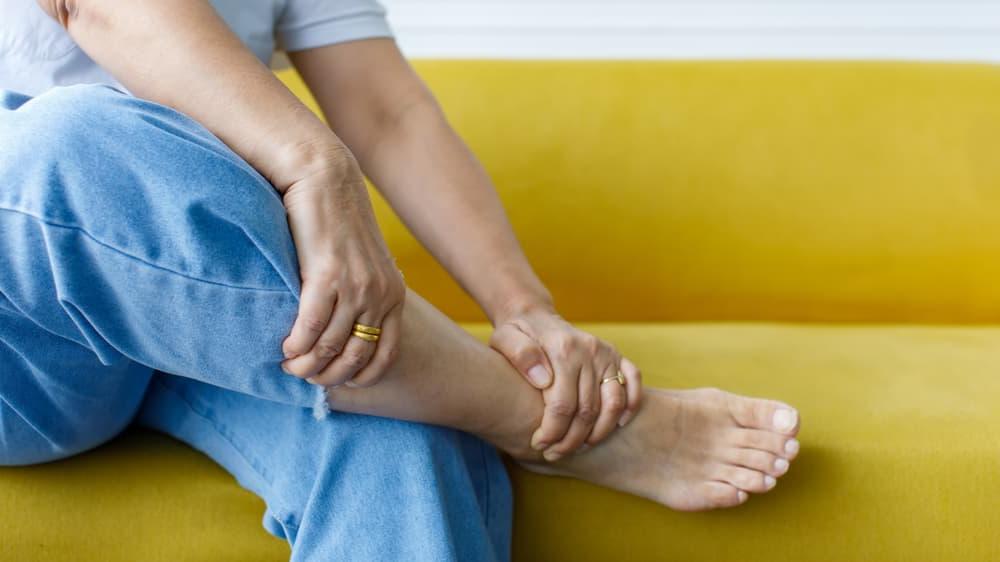
What Does a Blood Clot in the Leg Feel Like?
A blood clot in the leg, known as deep vein thrombosis (DVT), is a serious […]
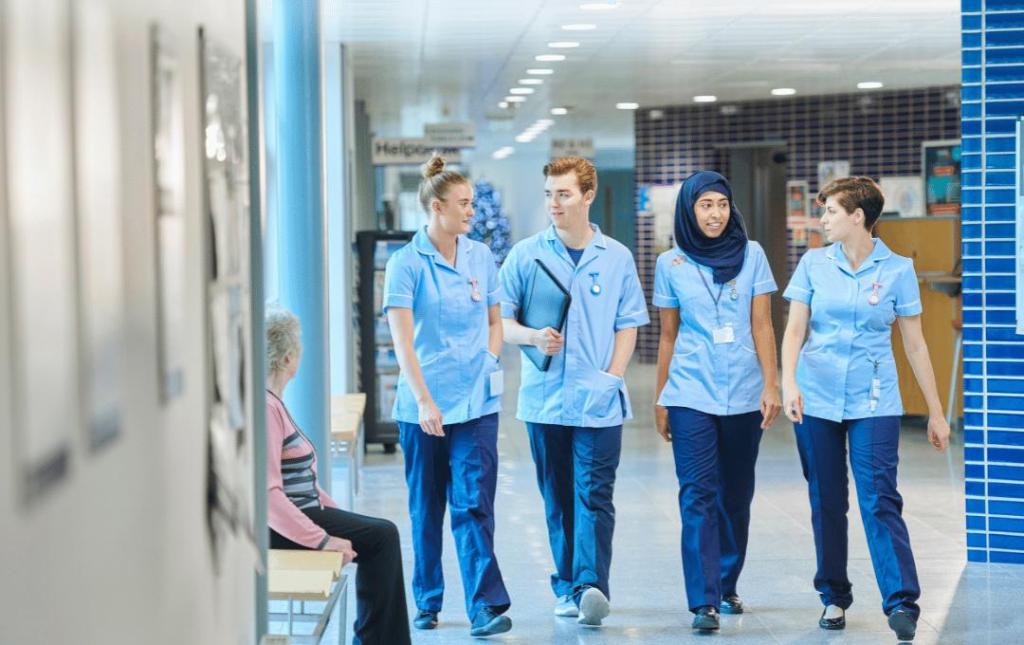
Prevention Tips for Jobs That Raise Your Risk of Varicose Veins
Many people may be unaware that their job could be putting their vein health at […]

Is the Sun Good For Varicose and Spider Veins?
July is UV (ultraviolet radiation) Awareness Month, a time to raise awareness about the effects […]
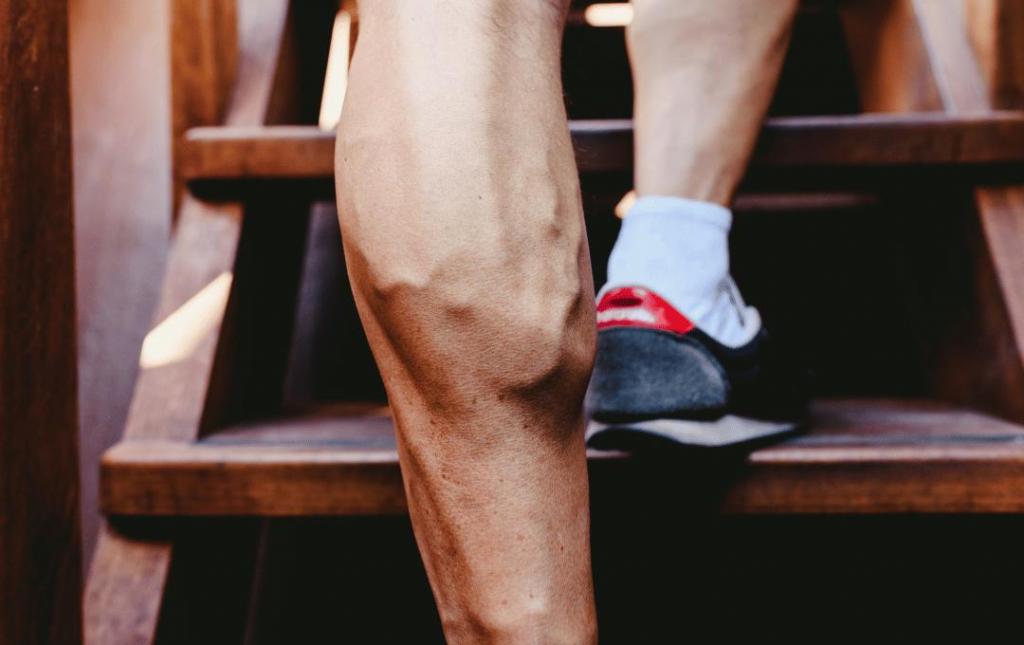
Can Vein Disease Lead to Leg Fatigue?
If your legs feel achy, heavy, or tired at the end of the day, you […]
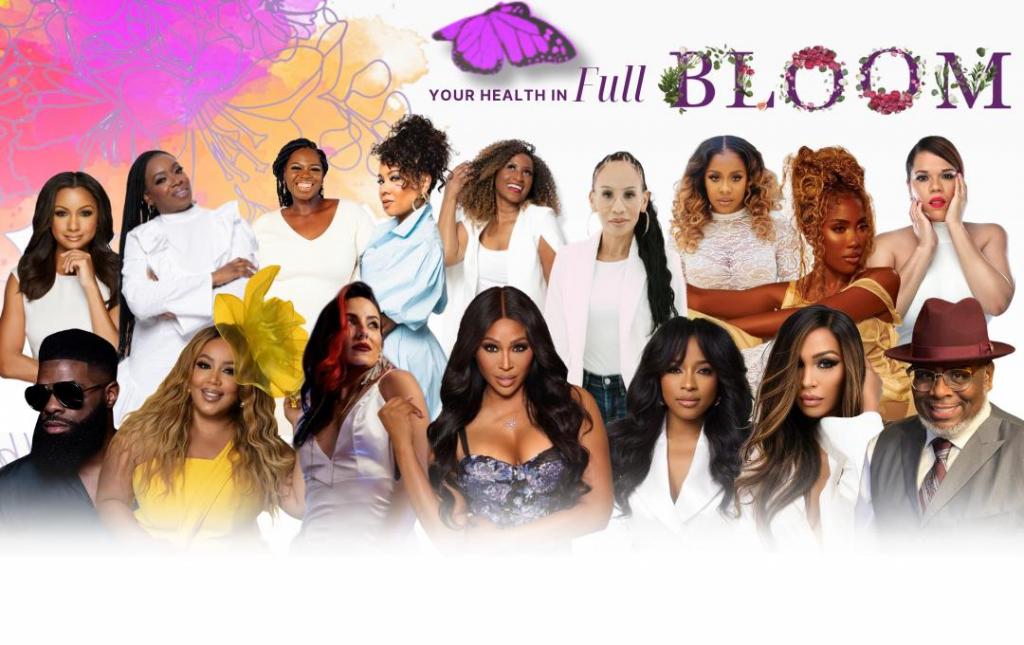
‘Your Health in Full Bloom’ Health Expo Brings Health Education to Families and Their Communities
USA Clinics Group is proud to announce its enhanced role and sponsorship at “Your Health […]
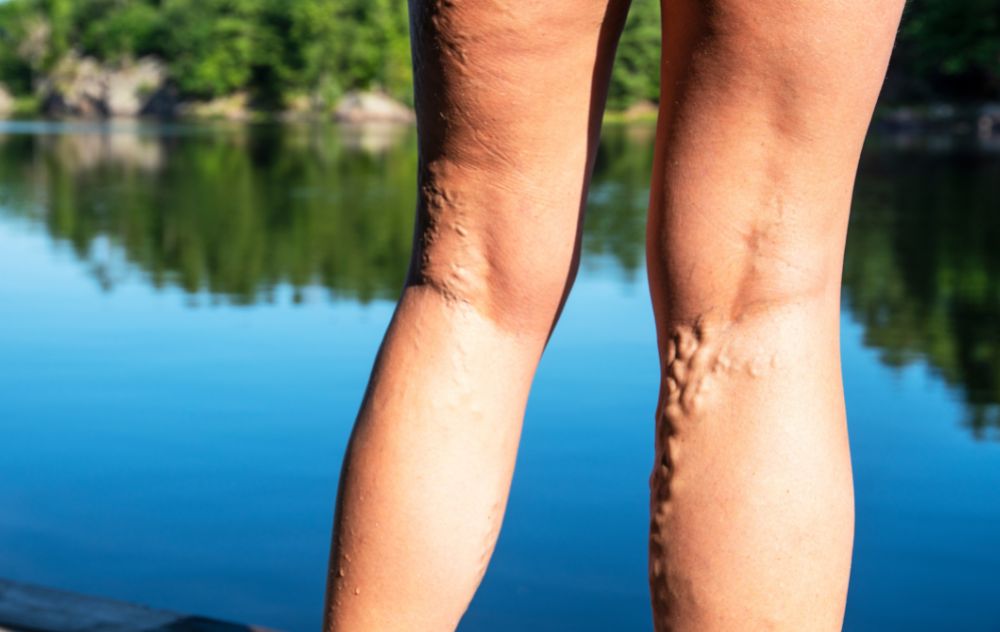
Do Varicose Veins Go Away on Their Own?
Varicose veins—twisted, bulging veins on the legs, ankles and feet—may appear to improve at times, […]
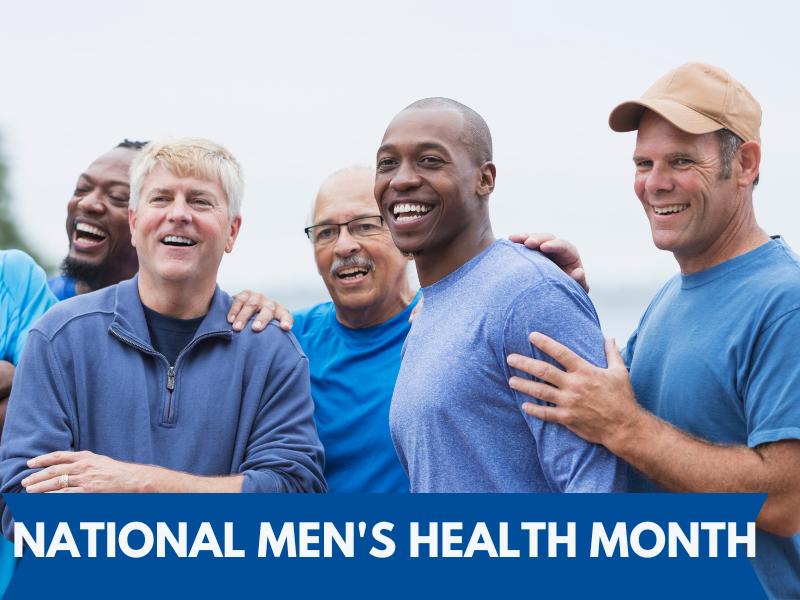
Varicose Veins and Men’s Health Awareness
June is Men’s Health Month, which strives to raise awareness of preventable health conditions and […]
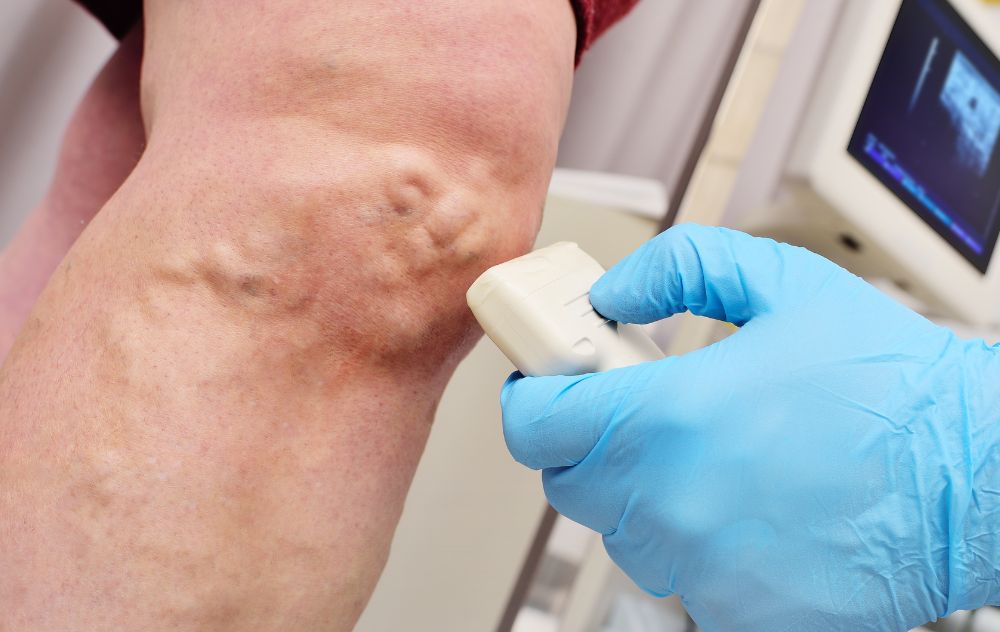
How Are Varicose Veins Diagnosed?
Understanding what’s happening beneath the surface of your legs is the first step toward lasting […]
